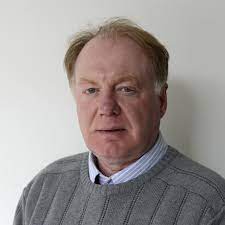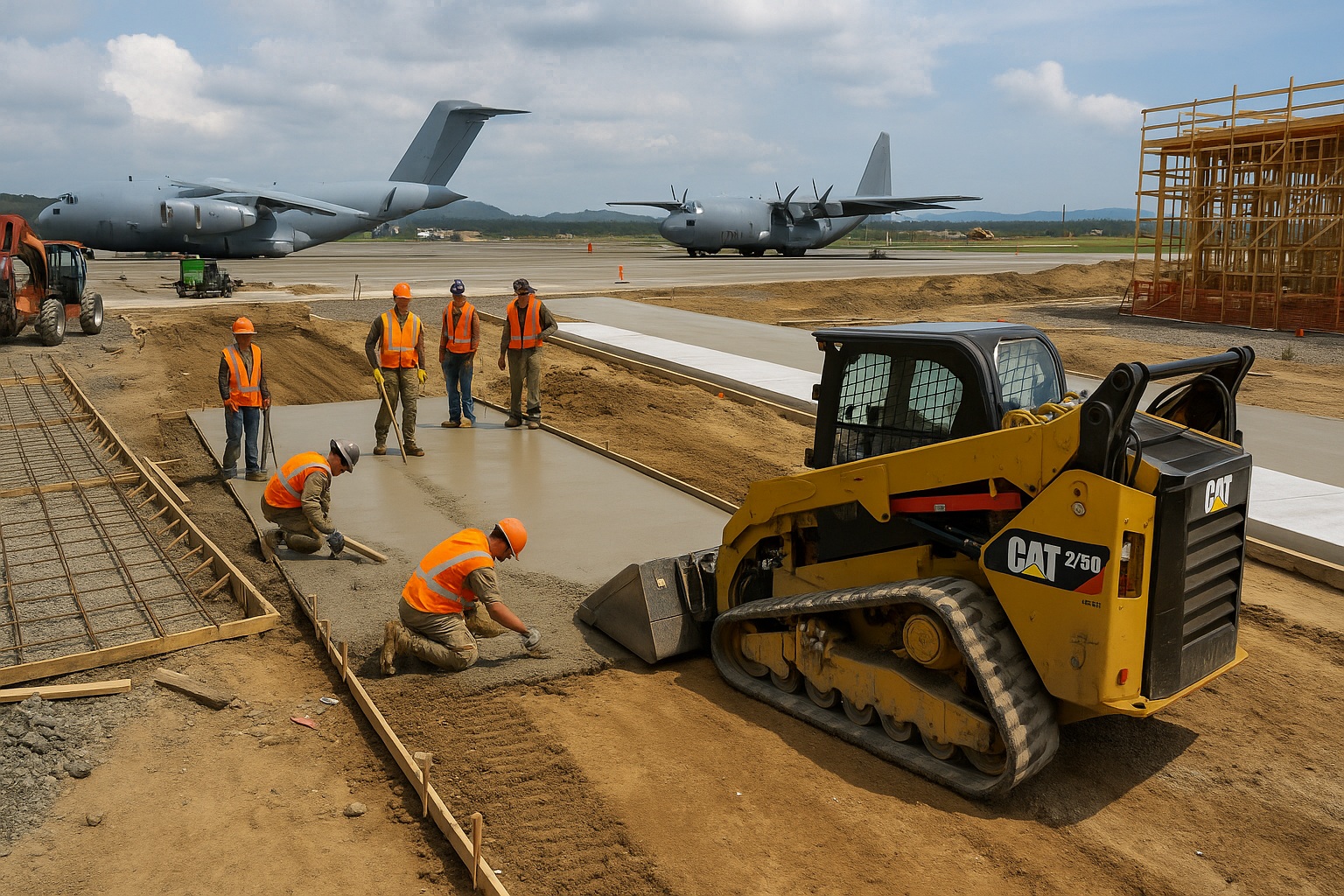Advertisement

By Tom Clifford
It could be an elaborate plan, part of the fog of war, but US President Donald Trump’s seemingly contradictory statements may also suggest uncertainty regarding Venezuela policy in Washington’s corridors of power.
But he did firmly indicate that Nicolás Maduro’s days as the Venezuela’s president are drawing to a close.
His comments came as the US military upgrades a long-abandoned former Cold War naval base in the Caribbean.
Speculation is growing that it could be used for possible actions inside Venezuela.
In an interview with CBS’s 60 Minutes, aired on Sunday, Trump downplayed the likelihood of the US going to war with Venezuela. When asked he said: “I doubt it. I don’t think so. But they’ve been treating us very badly.’’
But pressed on whether the US was planning strikes, Trump refused to rule that option out. “I wouldn’t be inclined to say that I would do that … I’m not gonna tell you what I’m gonna do with Venezuela, if I was gonna do it or if I wasn’t going to do it.”
In the same interview, Trump alleged that Russia and China had conducted secret underground nuclear tests. The US, he said, would test “like other countries do”.
“Russia’s testing, and China’s testing, but they don’t talk about it,” he said.
“I don’t want to be the only country that doesn’t test,” he said, adding North Korea and Pakistan to the list of nations allegedly testing their arsenals.
He was speaking as the US military build up gathers pace in the Caribbean. Construction and renovation work is underway at the former Roosevelt Roads naval base in Puerto Rico. It was closed by the US more than 20 years ago.
Prior to its closure in 2004, Roosevelt Roads was one of the biggest US naval stations in the world.
Upgrades to the base are focusing on aircraft landing and take-off capabilities.
The US is also adding facilities at civilian airports in Puerto Rico and St. Croix in the US Virgin Islands.
Since August, the US has deployed at least 13 warships, five support vessels and a nuclear submarine to the region from various naval bases and global deployments — including the Gerald Ford aircraft carrier, the largest vessel of its kind.
Eight warships remain in the region, along with supporting vessels.
Just minutes before entering a summit with the Chinese leader, Xi Jinping, in South Korea, on Thursday, Trump said he had “instructed the Department of War to start testing our nuclear weapons on an equal basis”.
The announcement came after Russia said it had tested a new nuclear-powered cruise missile, the Burevestnik, and a nuclear-powered and nuclear-capable underwater drone.
Asked if the US would detonate a nuclear weapon for the first time in more than three decades, Trump told CBS: “I’m saying that we’re going to test nuclear weapons like other countries do, yes.”
No country other than North Korea is known to have conducted a nuclear detonation for decades. Russia and China have not carried out such tests since 1990 and 1996, respectively.
Trump said that these countries conduct tests discreetly. “They test way underground where people don’t know exactly what’s happening with the test. You feel a little bit of a vibration.”
The US has been a signatory since 1996 to the comprehensive nuclear-test-ban treaty, which bans all atomic test explosions, whether for military or civilian purposes.

###
For Caribbean jet travel, book online at CaribbeanJets.com
Previous articles by Tom Clifford:
Venezuela Scraps Gas Deal with Trinidad over U.S. Warship Visit
While Washington Threatens, Beijing Invests: China’s Growing Influence in the Caribbean
A New Caribbean Crisis: U.S. Warships, Venezuela, and the Monroe Doctrine
US sending aircraft carrier strike group to the Caribbean
###
ADVERTISEMENT







